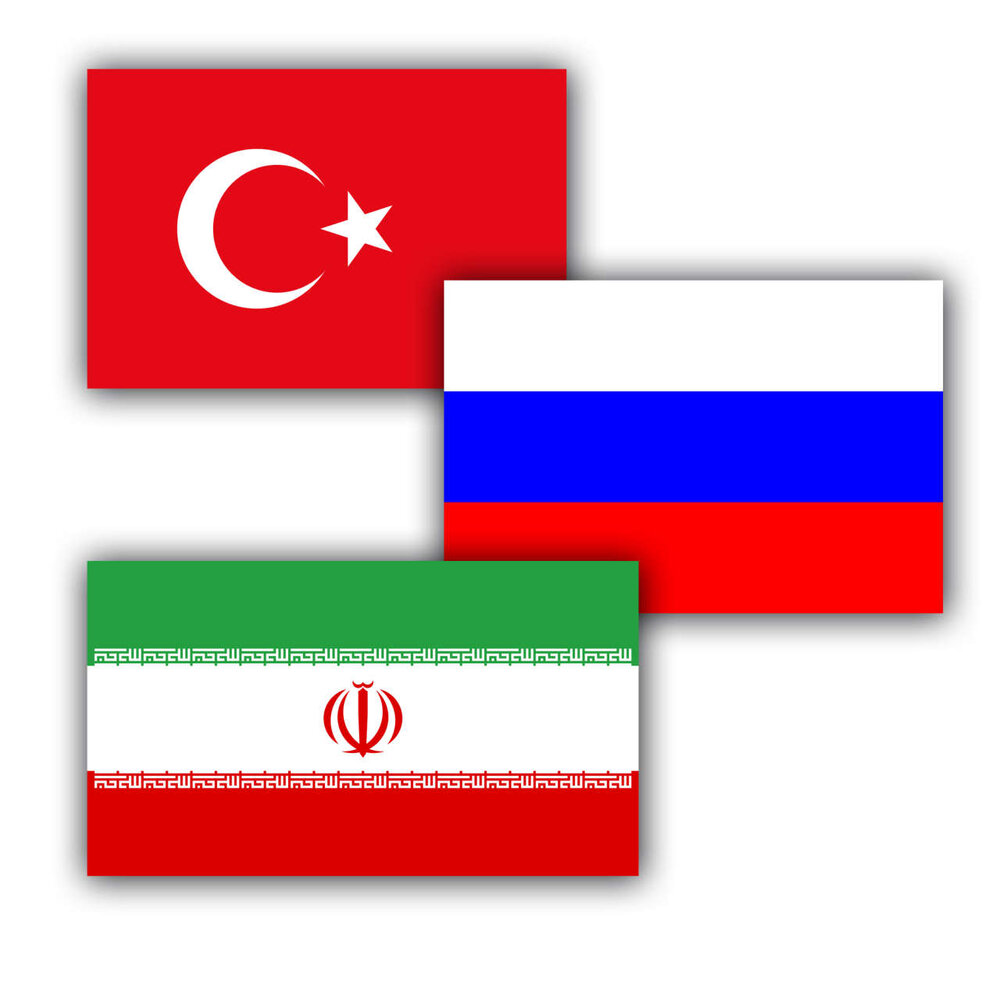TEHRAN – Russian Deputy Foreign Minister Sergei Vershinin said on Monday that Iran, Turkey and Russia, the three guarantors of the Astana peace process, will soon meet in Nur-Sultan, the Kazakh capital.
Nur-Sultan is the new name of Astana.
“The practice of international high-level meetings on Syria in the Astana-format will continue. The next such meeting will be held in the Kazakh capital in the near future,” Trend quoted him as saying.
He warned against “attempts to interfere in the intra-Syrian dialogue and impose scenarios that are incompatible with their cultural, religious and ethnic traditions.”
In line with their security cooperation, Iran, Turkey and Russia - three power brokers in Syria - launched the Astana peace talks on the Syrian crisis.
The Astana peace talks were launched in January 2017 with the aim of putting an end to the Syrian conflict.
Kazakhstan has hosted multiple rounds of talks on Syria since January 2017, backed by the three key players, most of which involved delegations from the Syrian government and opposition.
The 13th round of talks was held in Nursultan on August 1-2.
Russian President Vladimir Putin said in August that Iran-Turkey-Russia talks have been “most effective” in tackling crisis in Syria.
According to Sputnik, in a meeting with Turkish President Recep Tayyip Erdogan at Russia’s MAKS-2019 air show in the same month, Putin praised the results achieved by the Astana format, calling it the “most effective mechanism” in resolving the Syrian crisis.
He added that the key task at hand for the format is to achieve stabilization of the situation “on the ground”.
Iranian Foreign Minister Mohammad Javad Zarif met with UN Special Envoy for Syria Geir Pedersen in New York on September 27, discussing the latest developments in Syria and the Astana talks.
The meeting took place on the sidelines of the 74th UN General Assembly.
The Iranian foreign minister and Pedersen had met on September 3 in Tehran.
In the meeting in Tehran, Zarif said that Iran is determined to help settle the crisis in Syria politically.
Pointing to Iran’s efforts to fight terrorism and extremism in Syria, he expressed Tehran’s support for formation of a constitutional committee with cooperation of all parties to the Astana talks.
Pedersen informed Zarif about the latest efforts and consultations with other countries in line with settling the crisis in Syria.
Iranian President Hassan Rouhani, Putin and Erdogan held their fifth summit on Syria in Ankara on September 16.
The return of refugees to Syria, non-interference of foreign countries in Syria’s affairs, fighting terrorism, facilitating humanitarian aid to the Syrian people, and helping the formation of a constitution were among the points emphasized by Rouhani.
“The Islamic Republic of Iran, as in the past, believes that there is only a political solution to the Syrian crisis, and this can only be achieved through constructive interaction and participation by all Syrian people. The Syrian government and people -with all the diversity- are able to go through this crucial and, of course, dangerous path by themselves. The Islamic Republic of Iran has emphasized from the outset the inefficiency of a military solution to ending this crisis, and this fact is still true,” Rouhani said in the meeting.
He added, “The common principles we emphasize are the continuation of the fight against terrorism to eradicate this disaster, dialogue and reconciliation, reducing tensions, reforming the constitution, return of refugees, exchange of detainees and rebuilding of Syria. A free and independent Syria, one that is not threatened by others or a base against others; a Syria away from foreign occupation and threat and free from terrorism; a united Syria, integrated with the preservation of the territorial integrity and national sovereignty, one in which each of its children have their inherent, natural and citizenship rights. And in this way, only the Syrian people will decide for their future and others should not be allowed to interfere in their internal affairs.”


No comments:
Post a Comment